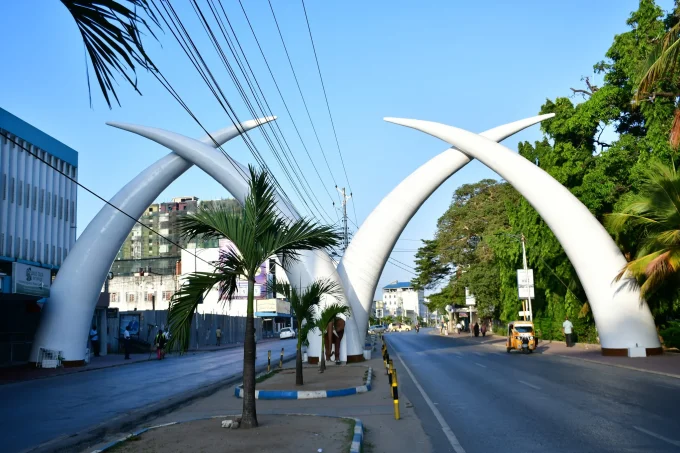Evening use of caffeine, nicotine and alcohol can cause a sleepless night, a new study has revealed.
Sleepless nights are associated with a number of adverse health outcomes including heart disease, high blood pressure, diabetes, and certain cancers.
The study which included 785 participants and totaled 5,164 days of concurrent actigraphy (wrist-watch-like sensor) had daily sleep diaries that recorded how much alcohol, caffeine or nicotine they consumed within four hours of bedtime.
The researchers at Florida Atlantic University examined the night-to-night associations of evening use of alcohol, caffeine and nicotine on sleep duration, sleep efficiency and wake after sleep onset.
The results of the study which was published in the journal Sleep found that consumption of caffeine within four hours of bed-time did not have any link with sleep parameters.
However, for smokers and drinkers, the study showed that a night with use of nicotine and/or alcohol within four hours of bedtime demonstrated worse sleep continuity than a night without these substances.
Nicotine was the substance most strongly associated with sleep disruption. There was a statistically significant interaction between evening nicotine use and insomnia in relation to sleep duration. Among participants with insomnia, nightly nicotine use was associated with an average 42-47-minute reduction in sleep duration. The effects of nicotine may be particularly significant among individuals with insomnia.
These findings support the importance of sleep health recommendations that promote the restriction of evening alcohol and nicotine use to improve sleep continuity.












Leave a comment